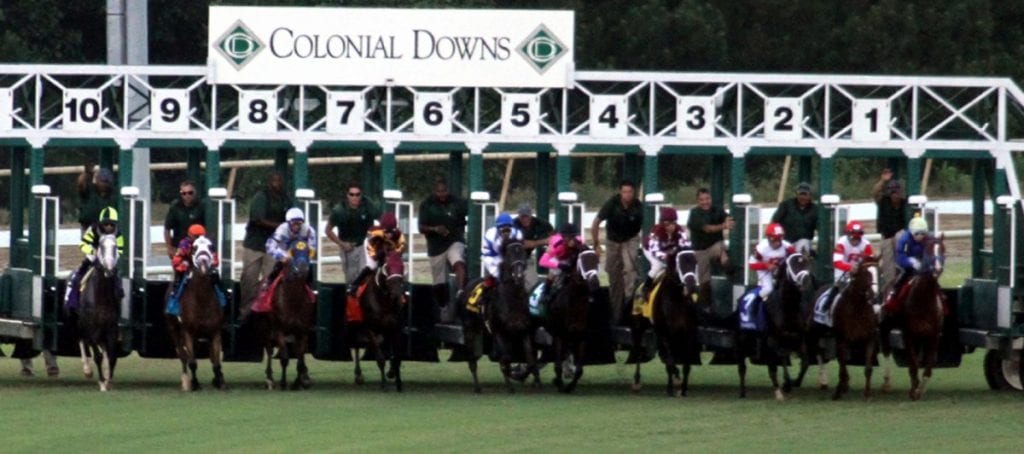
Nutshell: A new bill may “unstick” Virginia racing, but questions still abound.
by Nick Hahn
A bill sitting on Governor Terry McAuliffe’s desk will grant more autonomy and return cashflow to racetrack operator Colonial Downs and Virginia’s horsemen, whose deadlock brought pari-mutuel horse racing to a new “whoa” in 2014. Once signed, the legislation takes effect July 1.
The passage of the legislation leads to the next question: How does racing in Virginia get rebuilt?
Much of the detail may be laid out at the next Virginia Racing Commission, scheduled for April 8. The March meeting was postponed due to inclement weather.
Under the pending legislation, Colonial Downs will receive a larger portion of proceeds from the advance deposit wagering (ADW) company that it operates, EZ Horseplay. For their part, Virginia horsemen will receive a larger portion on wagers made through other ADW companies, and they will now have to ability to seek and develop other venues at which to race, perhaps in Virginia’s popular steeplechase regions.
That leads to interesting questions, such as when racing will occur at Colonial Downs, and who will operate it when it does.
Colonial’s new president, Stan Guidroz, sees the answer to the second question as perhaps easier to discern than the answer to the first.
The first step leads toward Colonial Downs becoming a landlord. In recent weeks, track officials and Virginia horsemen have worked to develop an agreement under which the horsemen would lease and operate Colonial Downs.
“Both sides prefer the lease. The economics on it have not been agreed upon,” says Guidroz, who said that he considers recent discussions with Virginia Horsemen’s Benevolent and Protective Association (VHBPA) president David Ross “refreshing.”
“The economics point to leasing the assets and join in the process,” explains Guidroz. “We’re definitely in negotiations. There is an ‘ask on rent’ and an ‘offer on rent.’ We are also in consensus that the system is broken and there is not enough money to do the things everyone wants to do.”
That, he says, is partially the result of developments in the industry and partially the result of the bill awaiting McAuliffe’s signature.
“The funding that was set up to support live racing goes elsewhere [under the bill]. The economics that shook out weren’t beneficial at all to Colonial,” Guidroz explains. “So when you don’t get what you want, you get what you can. When you look at the economics, the system was strained before the General Assembly. The pie is split up more and doesn’t help the system, at least for Colonial. With the splits on the ADW revenue, it appears to be an amicable divorce, but it doesn’t support a major league track. The tenant/landlord relationship may serve as a vehicle to increase revenue.”
Assuming the sides can reach agreement, so far, so good.
The next question: When?
Colonial Downs, now statutorily referred to as a “significant infrastructure limited licensee,” has a somewhat tricky problem. Its signature warm season Bermuda turf course flourishes in the roasting Tidewater summers; but Colonial was originally built to offer fall racing and those same warm summers can wilt the most enthusiastic of railbirds.
Changing over to summer racing from fall initially led to significant attendance and handle gains. But those metrics then began to decline, and the track never could find a scheduling solution that worked though it tried many: afternoon, twilight or evening, early week or late week, fall or summer.
Averse to footing the bill for stabling on grounds any further, it’s no secret that Colonial’s vision of racing now stops with the unlocking of the gates. One of Colonial’s challenges has been that there has been little infrastructure built in New Kent County since the opening of the track that would support an atmosphere conducive to generating crowds at the track.
Another challenge has been that there is little to connect the fabulous turf course at Colonial Downs to the many breeding farms tucked away in the nooks and crannies of Virginia’s countryside. Quality Virginia-breds often win major stakes outside of Virginia, but no Virginia-bred has ever won the Virginia Derby. It could be said that in the last half-decade, Virginia-breds have played a bigger role in the Kentucky Derby than the Virginia Derby.
What’s more, the track’s signature race, the Grade 2 Virginia Derby, faces grave threats in its traditional early summer spot.
Once clearly the premier East Coast three-year old turf race in the nation, the Virginia Derby has seen its turf encroached by a pair of big East Coast races: the $500,000 Penn Mile at the end of May and the $1.25 million, Grade 1 Belmont Derby in early July. That puts the squeeze on Colonial’s $500,000 feature.
Still, Guidroz thinks the underlying conditions — sophomores on the lawn — are the right answer.
“I think it’s still the three-year-old turf racing. We just need to see where we fit on the East Coast schedule. We’re very sensitive to the turf racing and maintaining the stake’s stature,” said Guidroz. “The [Virginia Racing] Commission is very supportive of us. They keep asking us, ‘Are you going to run the Virginia Derby this year?’ We say, ‘We’re trying.’”
Virginia has heritage, resources and passion, however pointed, to become a prominent racing state. The recent legislation opens a vehicle to rebuild the thoroughbred industry in the Virginia. Who has the blueprint?
[author] [author_image timthumb=’on’]http://www.theracingbiz.com/wp-content/uploads/2013/12/nickhahn.jpg[/author_image] [author_info]Nick Hahn has been covering Virginia racing since before there was a racetrack. His “Off to the Races” radio show is a must-listen, and his “Nick’s Picks” tip sheet is a shortcut to wagering profits at Colonial Downs.[/author_info] [/author]


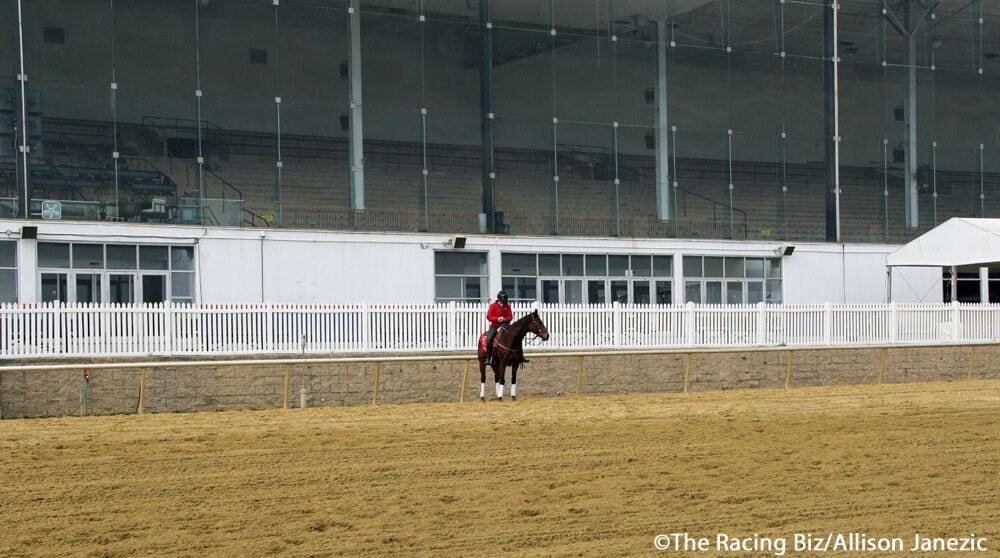
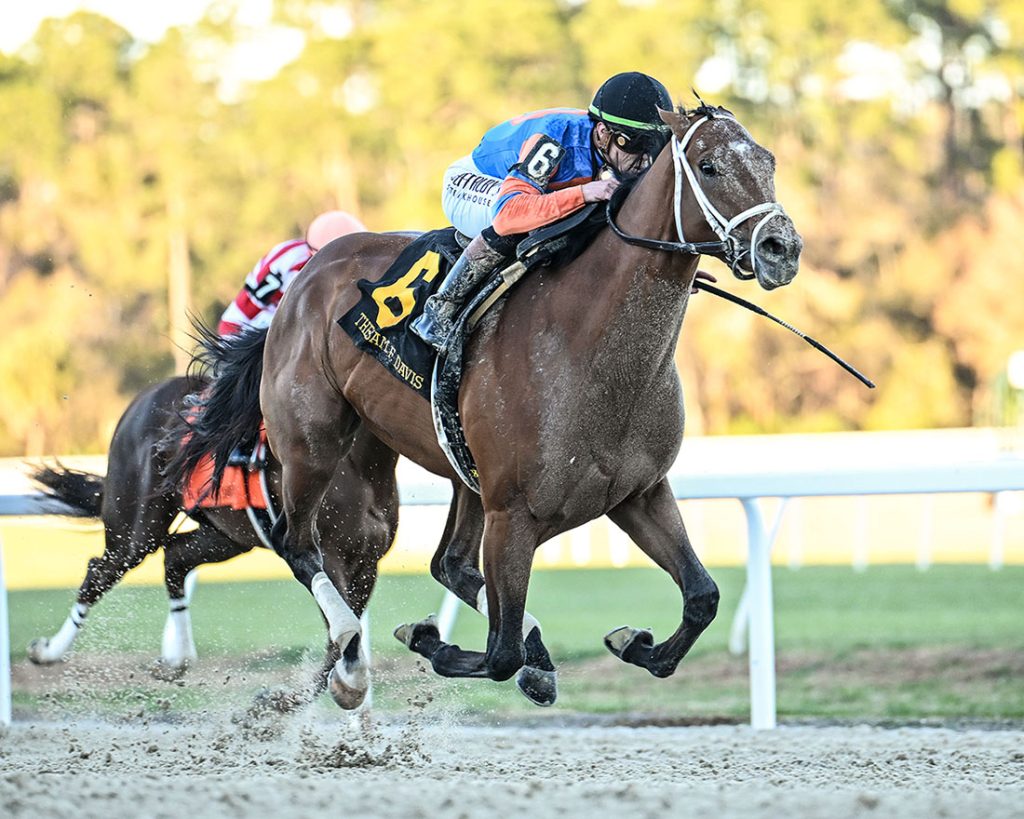
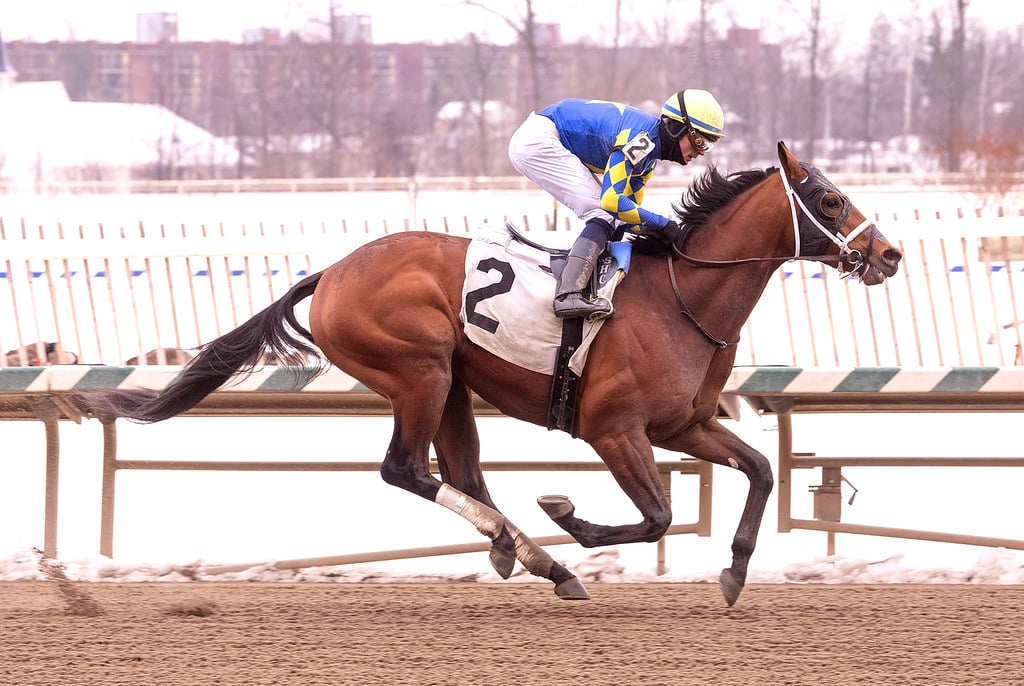
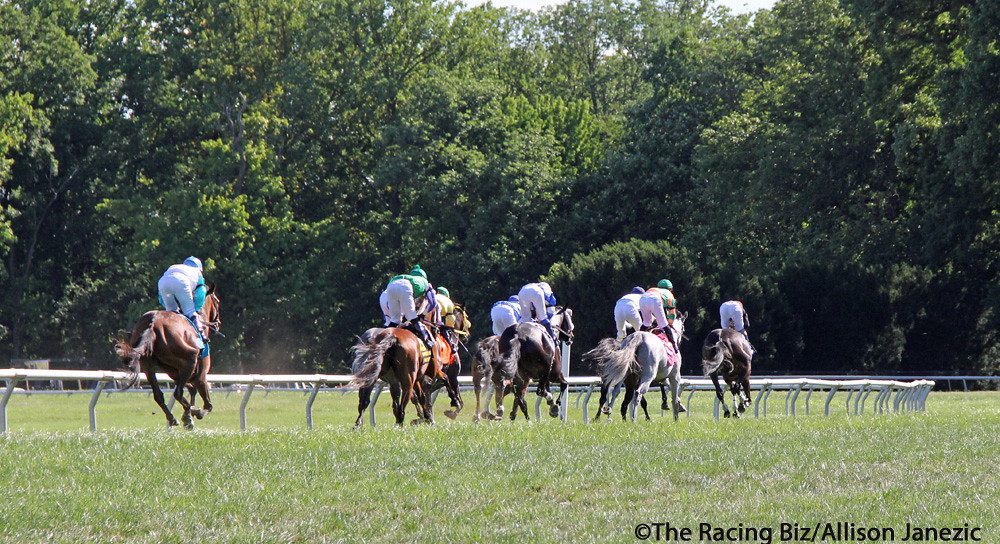
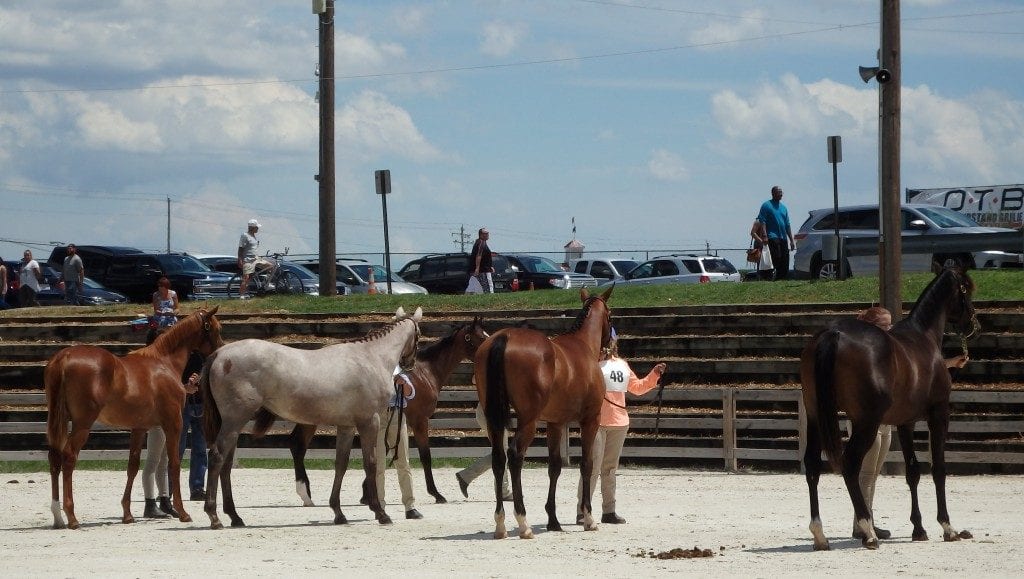
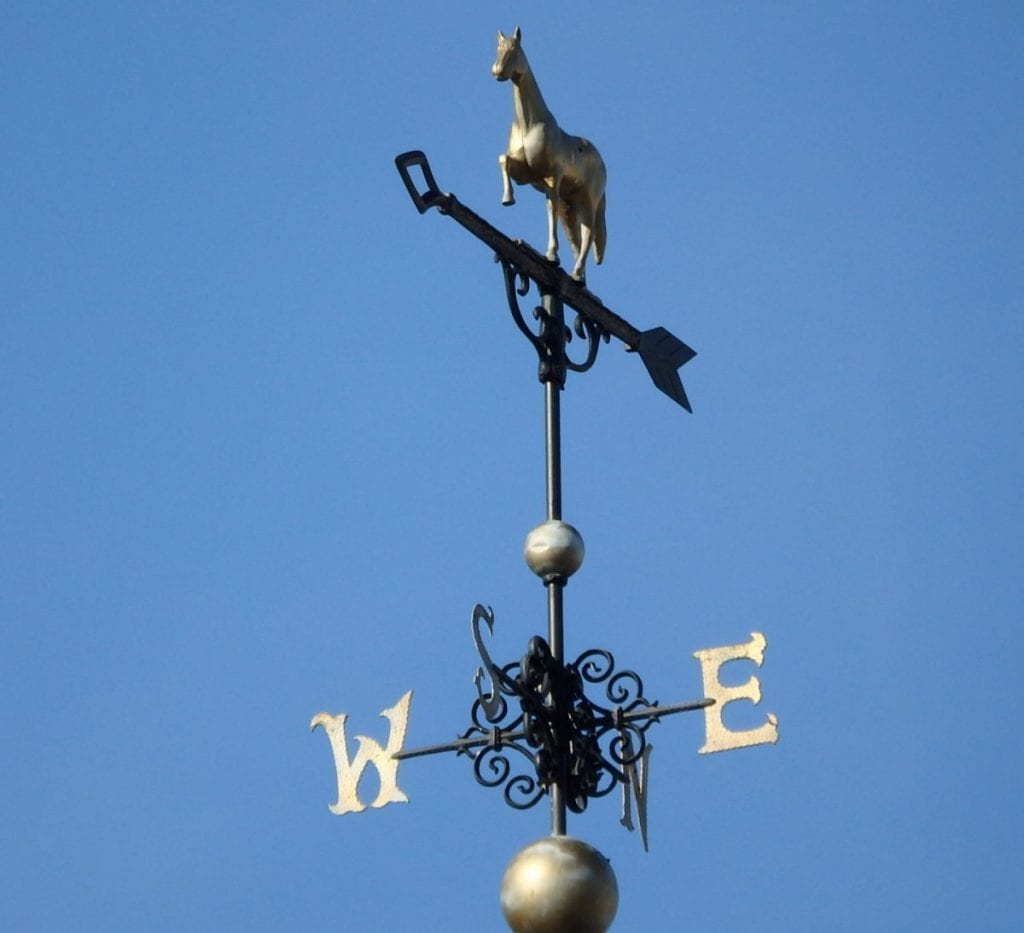
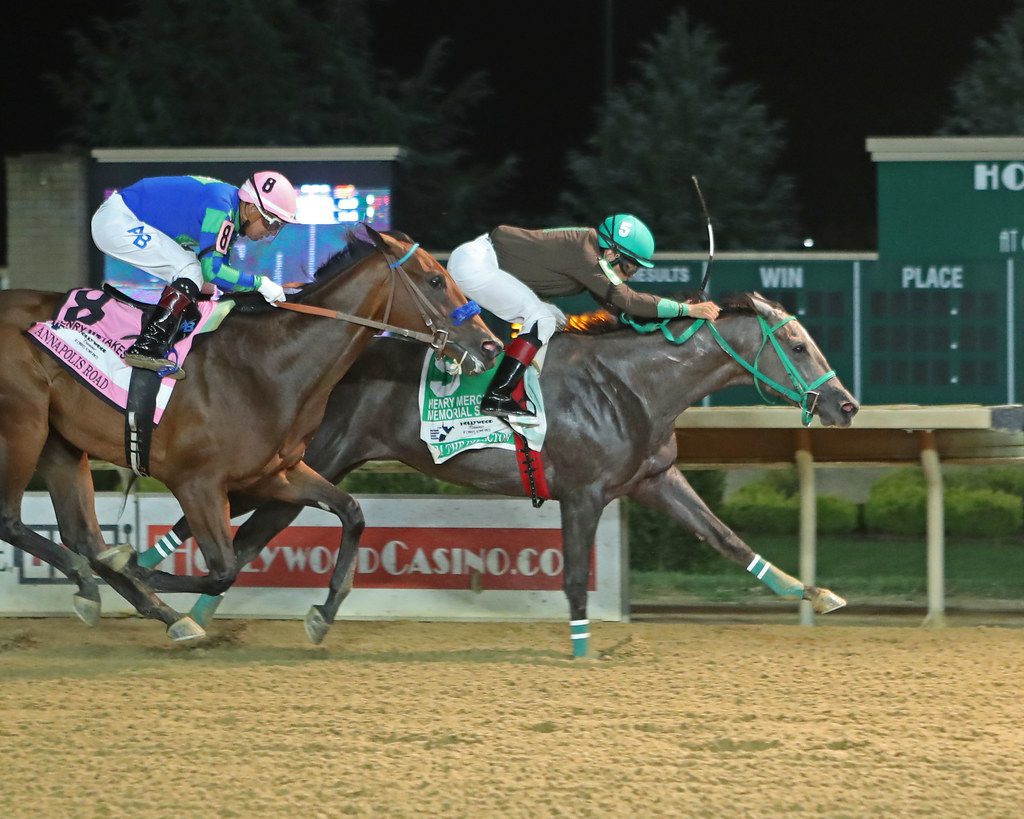

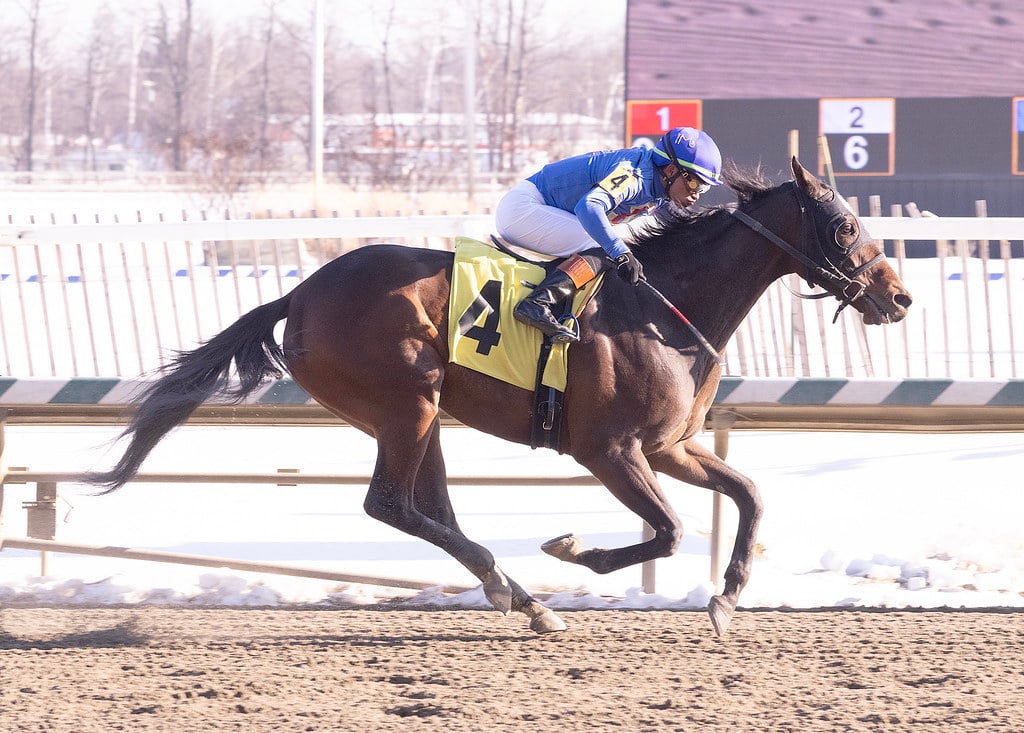
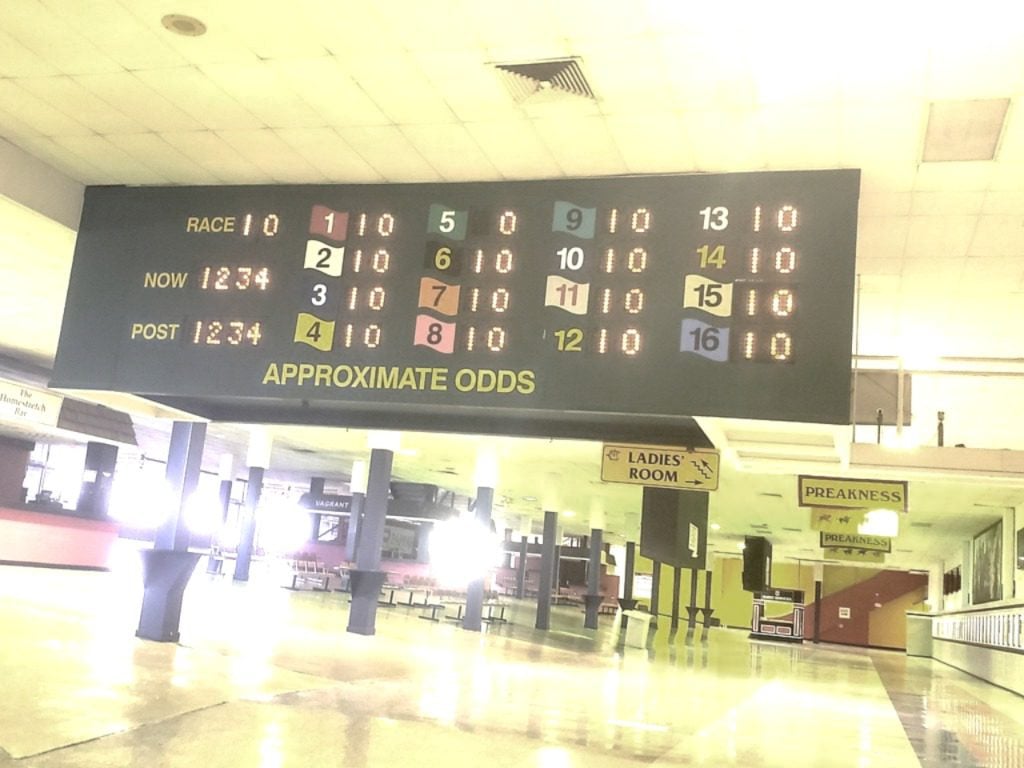
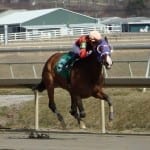
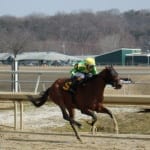
A Disrespected Fan
23rd Mar 2015One would think that following a 14 month stalemate, a racing blueprint is at hand for all the parties involved. I have said this all along, if you took a poll today among those who support the sport the most, their top priority would be to re-open the OTBs ASAP! Everything else would then fall into place, including live racing in various parts of the state to include Colonial in New Kent, in Northern Virginia and even Nelson county. You can feel the tension mounting leading up to the next Racing Commission meeting on April 8th. The fans are restless my friends!
The Biz
26th Mar 2015Well, Fan, the first step is for the Gov. to sign the bill, and we’re hearing that’s turning out to have some wrinkles.
Thomas Stutts
28th Mar 2015OTB variable is the most important one in equation. If that emphasis is not made, new handicappers do not generate revenue for ANYONE! Wake up all parties involved by having fan input into process. There are many dollars that are available from N.C. and Tenn. If OTB model is regenerated and improved. Thank you to Mid-Atlantic and Nick Hahn for the continued and informed reporting on the issues!
Sinatra Jeter
30th Mar 2015Did I have fun at the Breeders Cup while visiting New York last year? I spent money on airplane rides to and from New York that took up a large portion of my wagering dollars. I found a hotel after arriving at 3:00 am in the morning on Friday before the races began. I rode in limo SUV’s to and from the track from my hotel which cost money and it was only a few miles away if that. I got to visit Aqueduct for the first time and made wagers on races. Could the event have been better for me if I could have only diven for an hour to one of the Colonial Downs OTB’s? I was forced to make the decision to travel to New York to wager on the Breeders Cup and it seems I will be forced to travel to another venue to make wagers on the Kentucky Derby and the other triple crown races because of the slow process of the legislature resolving the closing of Colonial Downs in Virginia. I have my opinon of the opposing parties in this matter but you can believe I don’t agree with the owner of the racetrack.